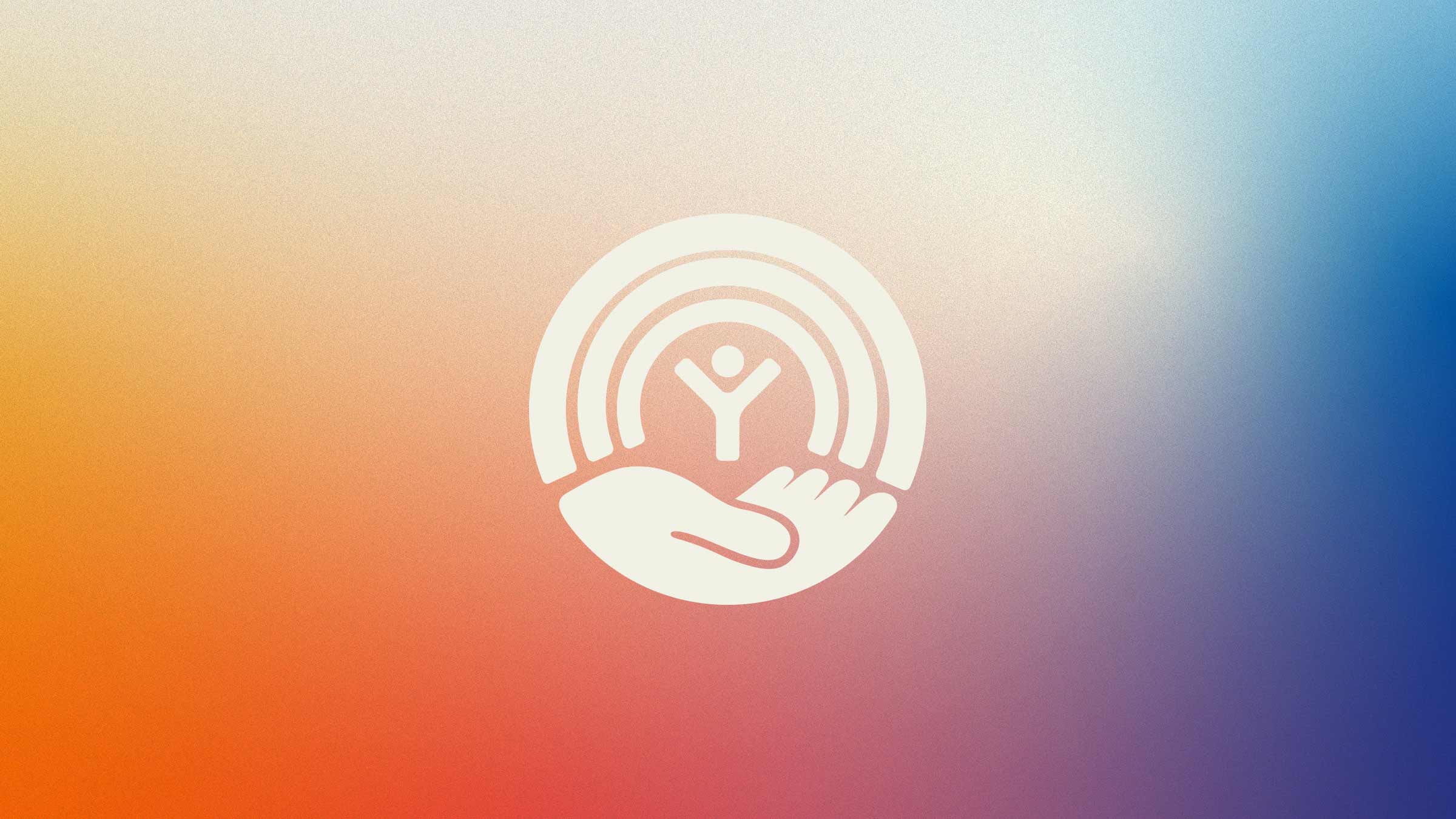
Greater Twin Cities United Way’s Community Connection Series brings together nonprofit partners, donors and stakeholders to share learnings and new ideas and discuss topics that are critical to helping our community thrive.
Racism and discrimination have no place in our society. And yet, racism and discrimination are woven into the fabric of the criminal justice system in our region and beyond.
During the summer of 2020, Greater Twin Cities United Way, The Minneapolis Foundation and the St. Paul & Minnesota Foundation came together to form Justice for All, a multi-year collaboration to help transform the criminal justice system in the Greater Twin Cities.
I stepped into leading this collaboration, with the belief that listening, learning and leading alongside people directly affected by the criminal justice system – those who have been incarcerated, on probation, or arrested, plus their families and their communities – will not just reform, but transform, the system.
We started by bringing together a Community Advisory Team, which consists of people directly affected by the criminal justice system and those who work within the system. We’ve been meeting for the past year to learn from a community-driven research process, which has included conducting interviews and listening sessions with close to 100 people from across the region with experience in the justice system.
During United Way’s recent Community Connection Series event, we shared the developing work of our new collaboration, reflected on our learnings to date, and engaged in a deeper discussion with three members of the Community Advisory Team: Kevin Reese, Founder of Until We Are All Free; Jon Geffen, Director of the Reentry Clinic at Mitchell Hamline School of Law; and Nicole Green, Director at the Minnesota Department of Corrections.
The conversation was enlightening yet challenging, as we learned about the inequities wrought within many of our current systems. We learned that most first encounters with the criminal justice system occur when individuals are younger than 13 years old. We heard that the process is dehumanizing, confusing and certainly not corrective. And we heard that people exiting the justice system have few opportunities for work or education, making it difficult to re-enter society and contribute to their families and communities.
For many, the most difficult part of the justice system is that it tears families apart, separating parents and children, further eroding the support systems of those who need it most and reinforcing historical and generational cycles of trauma.
"For someone like me, sitting in cells suffering from the memos and the policies … it's progress for me to see a table like this, and for me to sit on it. … As I’m talking to my fellow incarcerated men and women, it's important for me to be a sounding board for them and for me to have a place to share than information." – Kevin Reese
Justice for All will continue to listen and work closely with individuals, like Kevin, who have direct experience in our criminal justice system and collectively identify potential approaches and solutions.
As these approaches and solutions emerge, Greater Twin Cities United Way, The Minneapolis Foundation and the Saint Paul & Minnesota Foundation are committed to leveraging their privilege, resources, and the depth and breadth of their cross-sector relationships to actualize emerging from this community-driven process.
Many truths have been laid bare over the past year. One truth is our collective complicity in the face of injustice. Another truth is the need for urgent, collective action to advance long-term solutions that dramatically reimagine – and transform – the criminal justice system in our region.
That’s what Justice for All is designed to do.